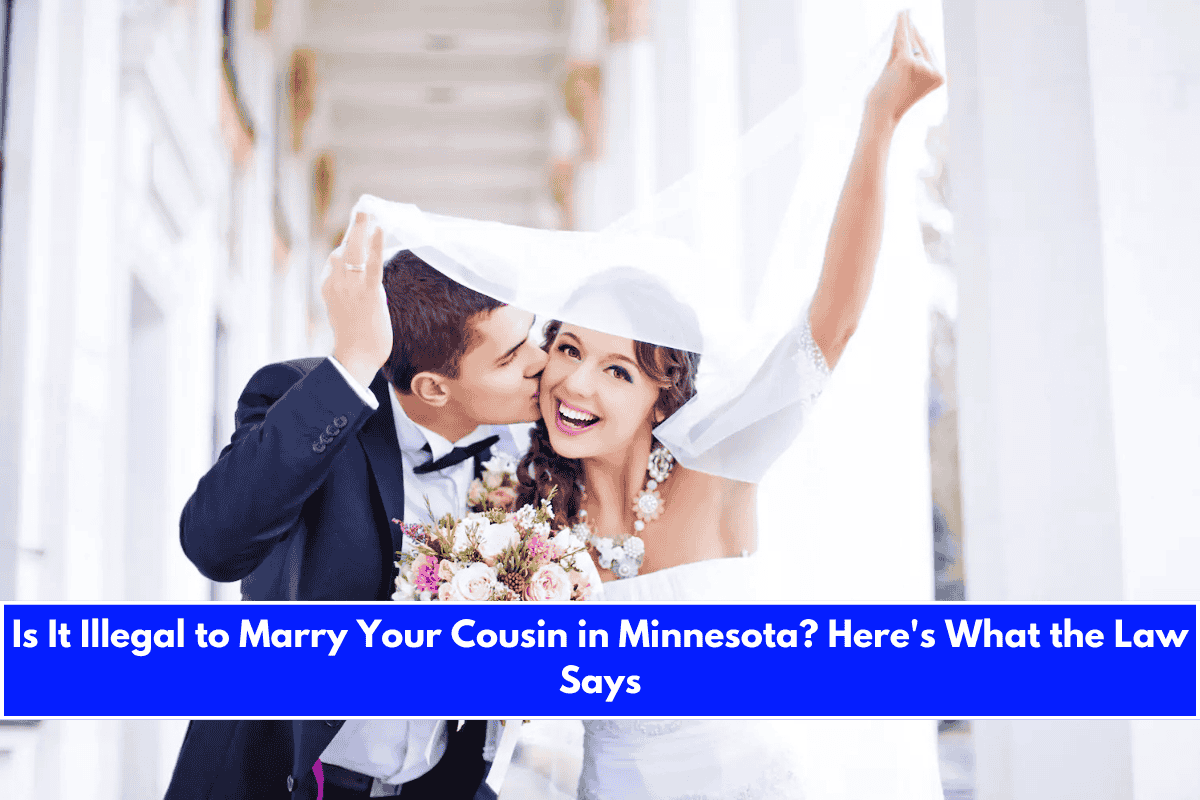In Minnesota, it is illegal to marry your first cousin. State law explicitly prohibits marriages between first cousins, regardless of whether the relationship is by blood (whole or half-blood) or by adoption. This prohibition is part of a broader restriction on marriages between close relatives, which also includes siblings, uncles and nieces, and aunts and nephews.
Who Is Considered a First Cousin?
A first cousin is defined as the child of your aunt or uncle-that is, someone who shares a set of grandparents with you. Minnesota’s ban applies to both biological and adopted first cousins.
Exceptions and Out-of-State Marriages
Minnesota does not provide exceptions for first cousin marriage, even if both parties are infertile or over a certain age.
However, the law does not specifically address whether Minnesota recognizes first cousin marriages performed legally in other states or countries where such unions are allowed.
In some states, out-of-state cousin marriages may be recognized, but Minnesota’s statutes do not explicitly provide for this.
Summary Table
| Relationship | Marriage Allowed in Minnesota? |
|---|---|
| First cousin | No |
| Sibling | No |
| Uncle/Niece or Aunt/Nephew | No |
| Second cousin | Yes |
You cannot legally marry your first cousin in Minnesota. The law is clear: first cousin marriages are prohibited, whether the relationship is by blood or adoption.
If you are considering marriage to a cousin, you would need to look to another state where such marriages are permitted, but Minnesota law will not allow you to marry your first cousin within its borders.
Sources:
- https://en.wikipedia.org/wiki/Cousin_marriage_law_in_the_United_States
- https://www.lawhelpmn.org/sites/default/files/2020-02/F-13%20Marriage%20in%20MN.pdf
- https://jssmn.com/civil-marriage/
- https://www.revisor.mn.gov/statutes/cite/517.03











Leave a Reply